What is the most economical way to run your heating? HVAC experts reveal how to cut costs without compromising on comfort
Get savvy with smart thermostats, recommend pros
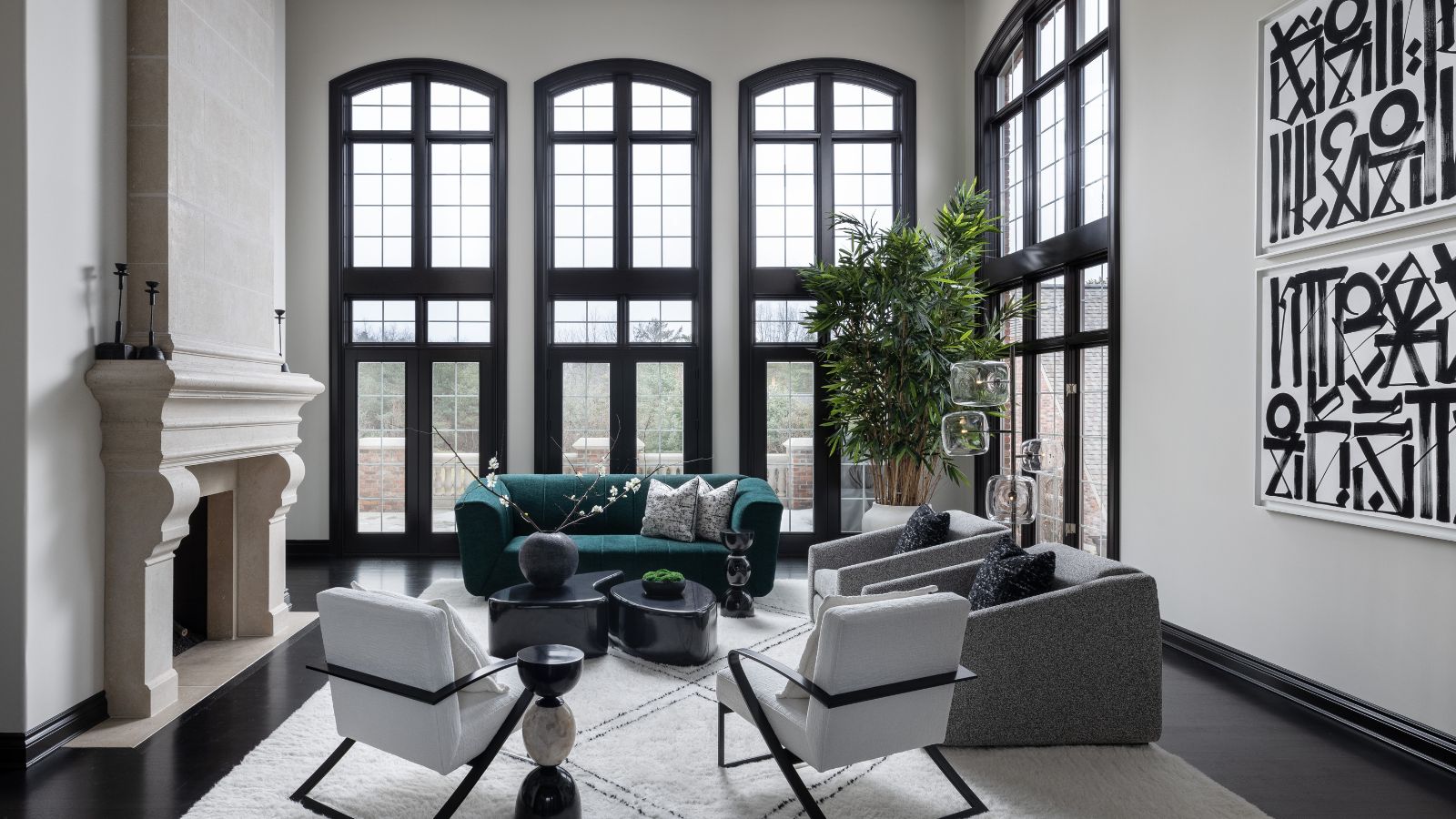

As temperatures continue to plummet, keeping the heating running affordably without compromising on comfort is a near-constant battle.
I spoke to HVAC experts to find out how to run your heating to keep your home cozy without compromising on cost, and prevent damp, mold, and mildew in the process.
Here, our panel of professionals reveal their tips to cut energy bills, and all agree that smart thermostats are the key to home-heating happiness.
What is the most economical way to run your heating?
Using a digital thermostat and running it at the correct temperature is your winning formula for economical but comfortable home heating.
Nick Barber, manager at Utilities Now, advises, 'The most cost-effective way to heat your home is hinged on being smart with how you heat.'
Start with knowing the best temperature for a thermostat in winter, and setting your thermostat accordingly. This should be around 68°F (20°C), which is a comfortable temperature to keep a home warm all day.
'When sleeping, or out the house for an extended period, drop that by 7–10°F,' says Barber, keeping in mind the ideal temperature to set your thermostat on when on winter vacation. 'This simple adjustment can save you as much as 10% on your heating bills over the course of a year.'
Setting your thermostat to a consistent temperature in winter, between 68°F to 72°F, will also keep the air in your home fresh while preventing mold and mildew growth, points out Max Veggeberg, CEO and founder of Tetra.
An easy and efficient way to keep track of this is by investing in a smart thermostat, such as the Google Nest Thermostat available at Amazon, which is a smart home must-have our pros always recommend to control how many hours a day your heating is on.
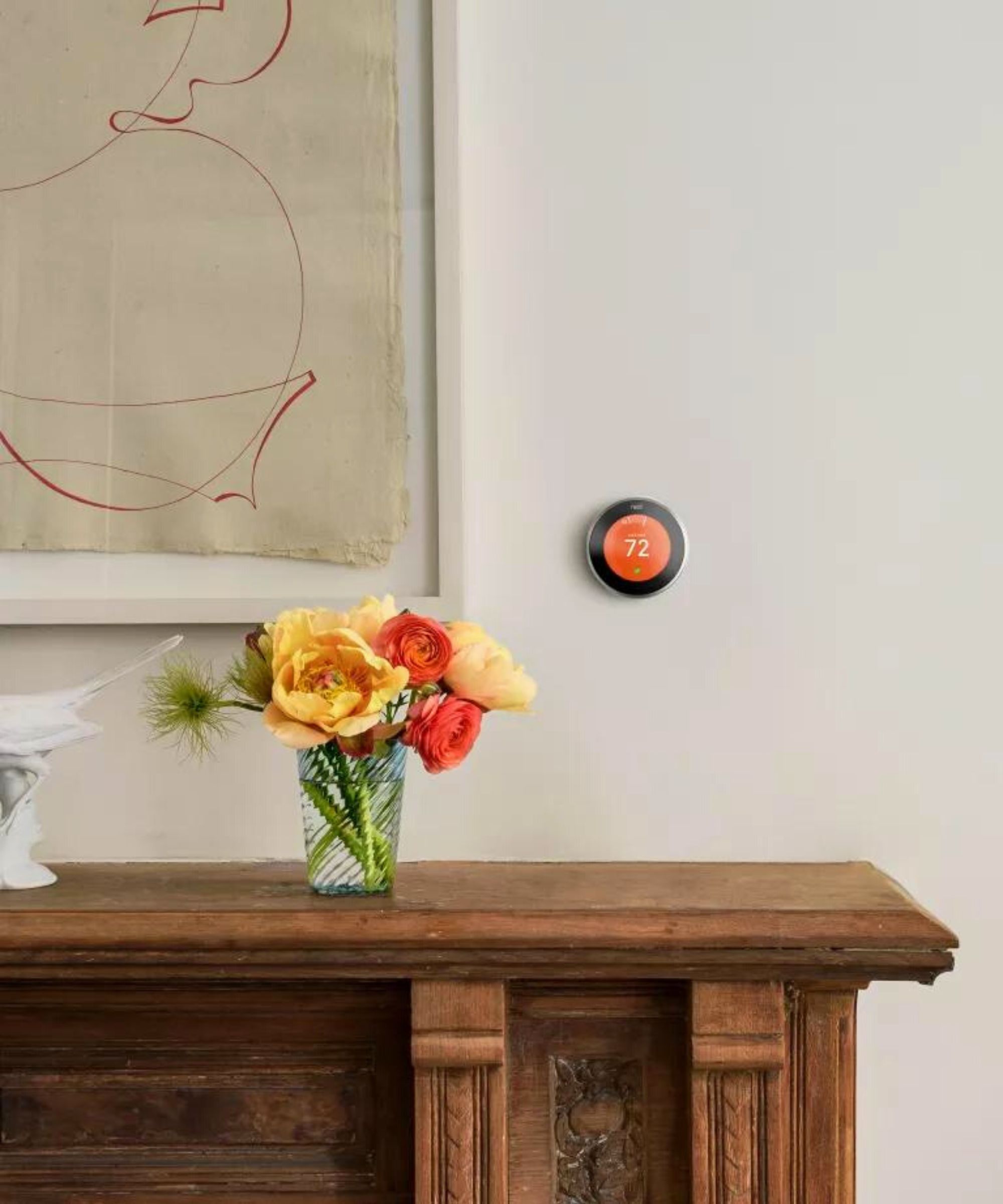
'These will do a lot of the thinking for you,' says Barber, 'learning your schedule, automatically adjusting temperature, and even allowing you to control your heating remotely through your phone. They also give insights into your energy usage, which can help you spot where you might be wasting money.'
While this may seem like a hefty price to pay, the total investment will depend on which model you choose, as there are plenty of more affordable options, and the fees the technician in your area charges for the installation service, if applicable.
But, as Richie Drew, VP of Operations at One Hour Heating & Air Conditioning, the number one HVAC service provider in the United States, assures, 'The value of a smart thermostat comes not only from energy and utility bill savings, but also from the convenience it offers.' It's a surefire win-win, and helps homeowners save up to 15% on their monthly energy bills, says Veggeberg. Then, you can also maximize your heating by using the foil heating trick.
Head of Solved, Punteha van Terheyden, had a digital thermostat installed in September, replacing her old analogue one and found her heating bills dropped by 50%. She says, 'The accuracy and level of control the digital thermostat brought into our home was profound. I couldn't believe the reduction in energy bills. Plus, our home was comfortably day and night.'
All prices correct at time of publication.
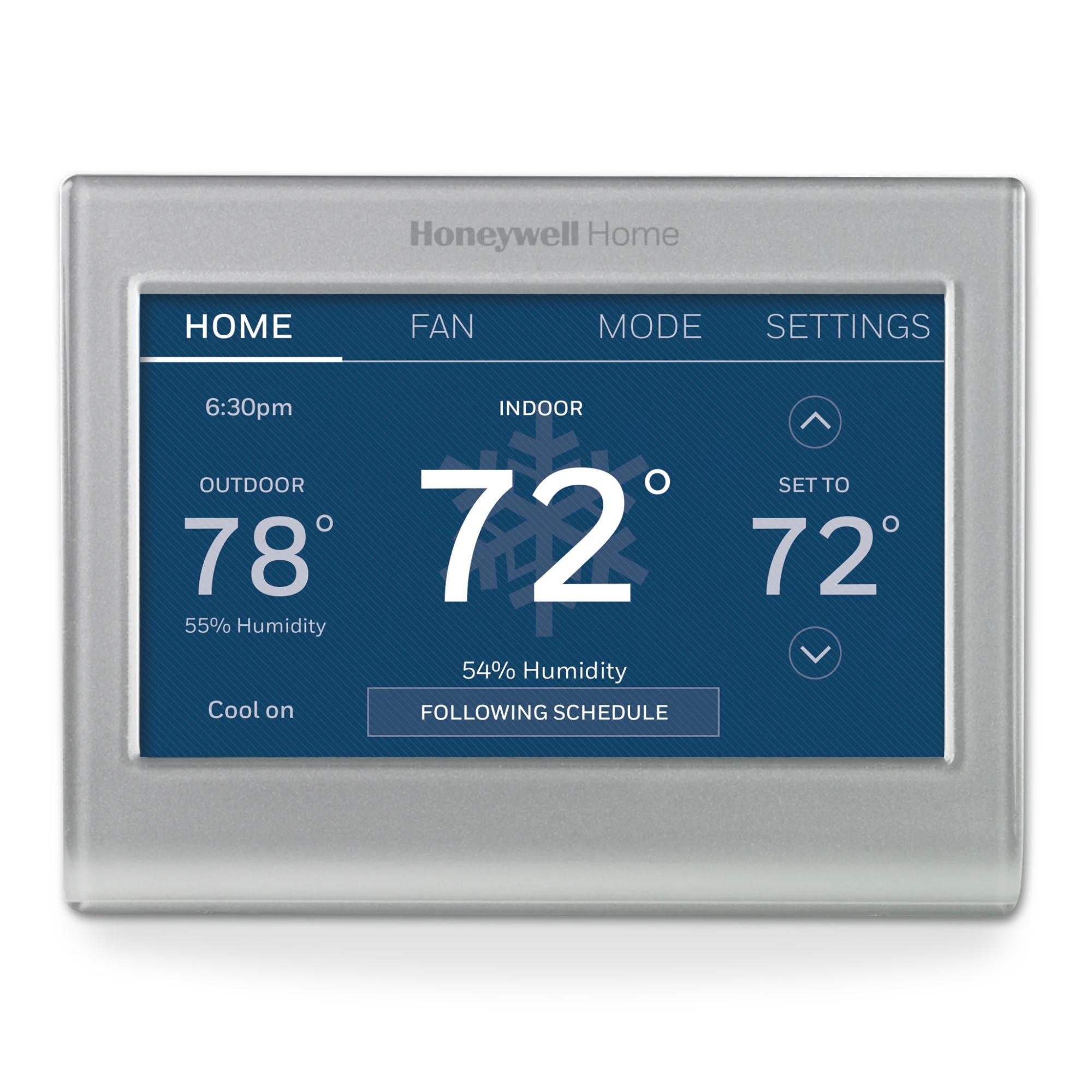
This bestselling smart thermostat boasts over 25,000 five star reviews. With an easy-to-operate and intuitive touchscreen, it's simple to operate, with smart alerts so you can worry less.
And, whether you call in a pro or get clued up yourself, maintaining your system, whatever the heating type, is also a major money-saver, says Josh Mitchell, HVAC expert at AirConditionerLab.
He advises, 'Regularly servicing your furnace or heat pump can significantly enhance its efficiency. A well-maintained system uses less energy to heat your home effectively,' and makes the most economical way to run your heating even more thrifty, helping you to save money at home with ease.
'Systems that are not maintained can accumulate dirt and wear out components, which forces them to work harder and consume more energy,' he continues. 'Therefore, I highly recommend setting up an annual maintenance check with a certified HVAC technician.'
Regular maintenance is also vital if you have an Air Source Heat Pump system, adds Punteha van Terheyden. She explains, 'Ours wasn't maintained properly before we moved in and that led to the anti-freeze and anti-corrosion liquid levels not being adequate. This had left our system wide open to the risk of catastrophic and irreversible failures when the temperatures dropped in winter. We were lucky it didn't permanently damage our system.'
FAQs
Is it cheaper to turn off radiators in unused rooms?
It may seem self-explanatory, but leaving radiators on in unused rooms is a heating system mistake that's making your energy bills more expensive.
If you don't use a room at all, or just pop in a few times a day, turning the heating off will save you money to spend on heating where it really matters – kitchens, living rooms, and bedrooms.
However, where radiators can be switched off without issue, you always should leave heating vents open in unused rooms as closing them could cause unnecessary wear and tear on your AC system.
What temperature should unused rooms be?
Unlike the rest of your home, unused rooms should be kept at temperatures between 59°F-65°F (15-18°C), and residual heat from the rest of your home should maintain this without the need for radiators.
However, it's important to not fall foul to heating mistakes making your house colder, too, so keep an eye on temperatures and be prepared to turn the heating on or up if necessary.
Closing internal doors can help keep the heat in where needed.
So, is it cheaper to leave the heating on all day? Once again, the answer lies with a smart thermostat – so if you haven't been convinced to invest yet, now is the time to make the change.
Sign up to the Homes & Gardens newsletter
Design expertise in your inbox – from inspiring decorating ideas and beautiful celebrity homes to practical gardening advice and shopping round-ups.

Ottilie joined Homes & Gardens last year, after finishing a Master's in Magazine Journalism at City, University of London. With previous contributions in Livingetc and Motorsport Magazine, she produces content for the Solved section on the website, focusing on clever tips and tricks to keep your home beautiful, organized and clean. She also has a Master's degree in English Literature and History of Art from the University of Edinburgh, where she developed a love for inspiring interiors and architecture.
You must confirm your public display name before commenting
Please logout and then login again, you will then be prompted to enter your display name.
-
 I wanted to organize my bookcase in a way that would start a debate among guests – Reese Witherspoon's bold shelves are my blueprint
I wanted to organize my bookcase in a way that would start a debate among guests – Reese Witherspoon's bold shelves are my blueprintReese's bookshelves master this controversial design ideology – everyone I know has a strong opinion on whether I should follow her example
-
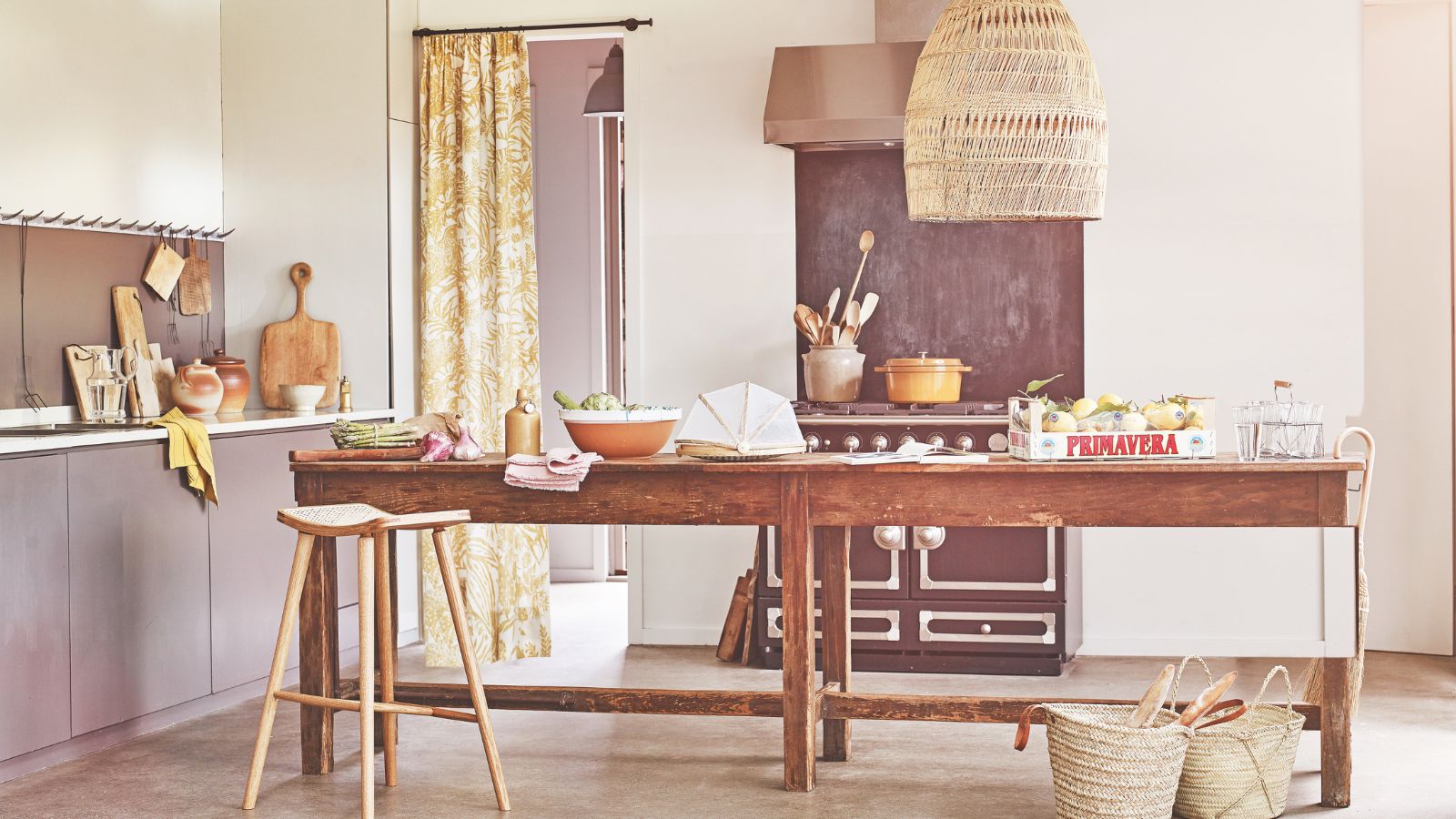 How to get rid of flies in your house with a cucumber – 'flies abhor the chemicals'
How to get rid of flies in your house with a cucumber – 'flies abhor the chemicals'The uses for this salad staple go beyond your evening meal
-
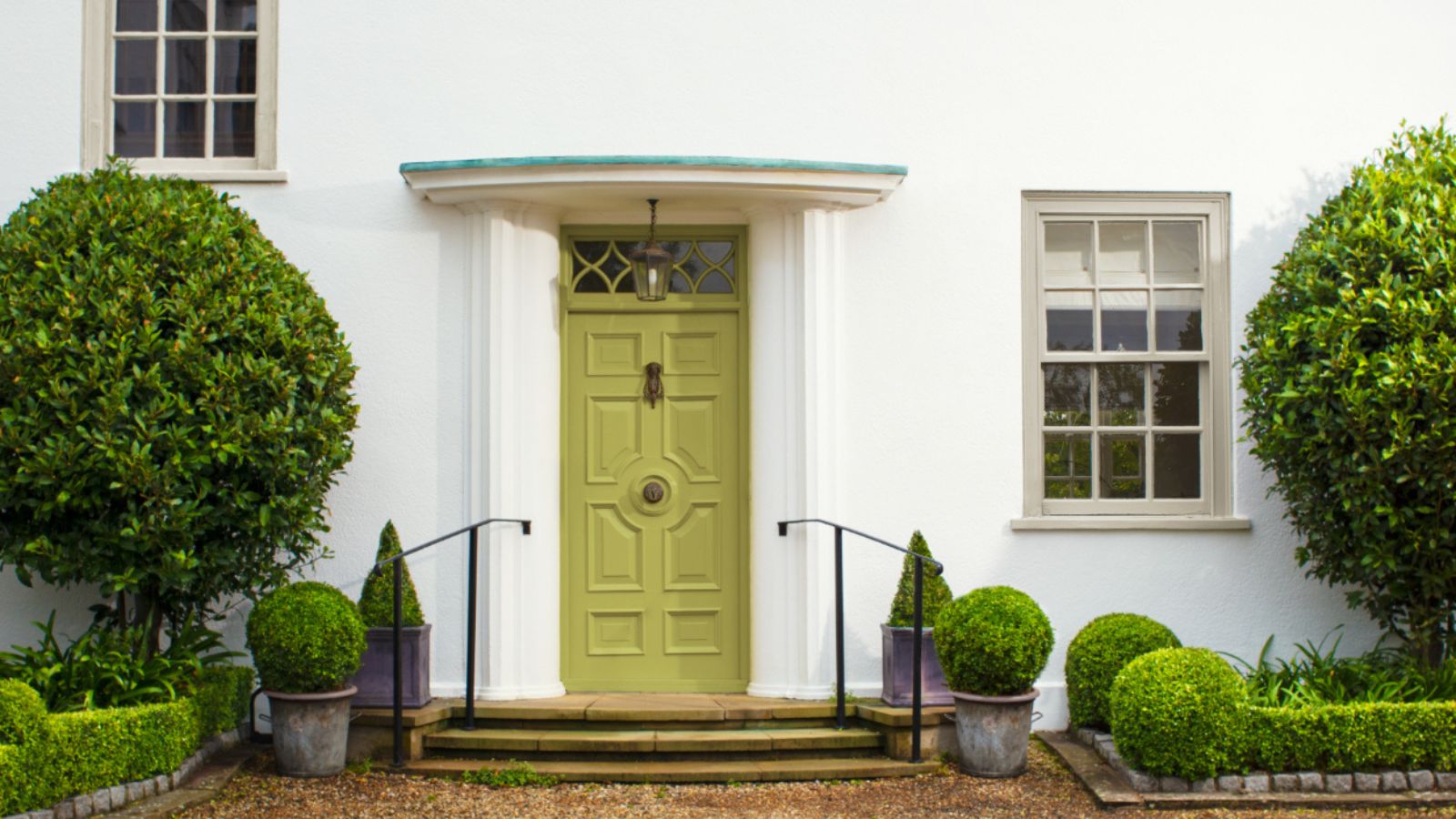 Why does my house feel damp? Experts reveal the 7 common reasons, risks and fixes to apply right now
Why does my house feel damp? Experts reveal the 7 common reasons, risks and fixes to apply right nowIf your house smells musty, there might be underlying damp to sort out
-
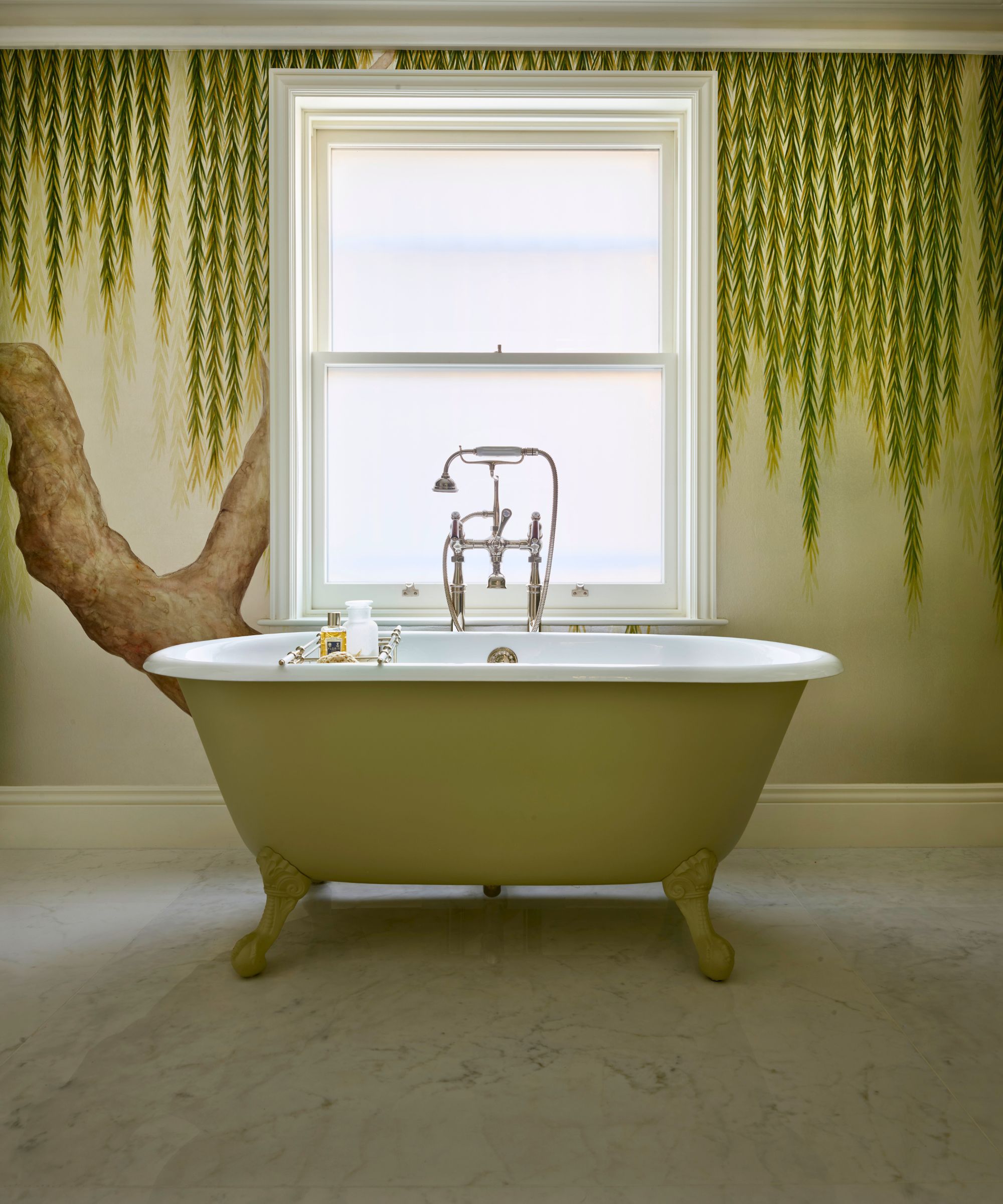 Do you have condensation on the outside of your windows? This simple rule of thumb determines if it's normal, or a sinister warning sign
Do you have condensation on the outside of your windows? This simple rule of thumb determines if it's normal, or a sinister warning signHVAC pros share expert insight
-
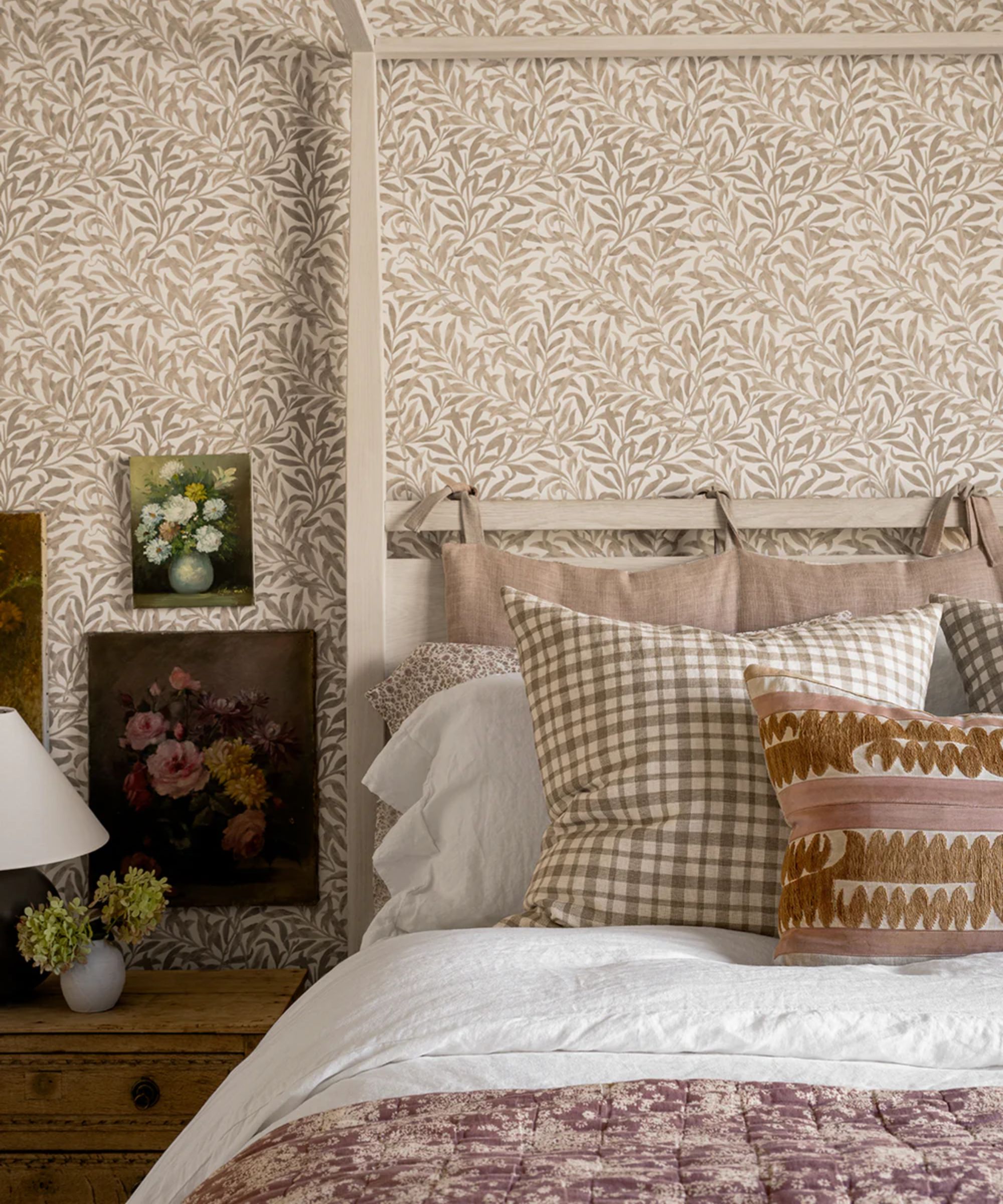 6 ways to prevent mold and damp in bedrooms – expert solutions to maintain a safe sleep environment
6 ways to prevent mold and damp in bedrooms – expert solutions to maintain a safe sleep environmentDon't sleep on these six tips, experts urge
-
 HVAC pros reveal 2 'Goldilocks' ranges for the ideal room temperature in bitter winter – it differs from day to night, and room to room
HVAC pros reveal 2 'Goldilocks' ranges for the ideal room temperature in bitter winter – it differs from day to night, and room to roomKeeping rooms at the right temperature is vital for comfort and efficiency
-
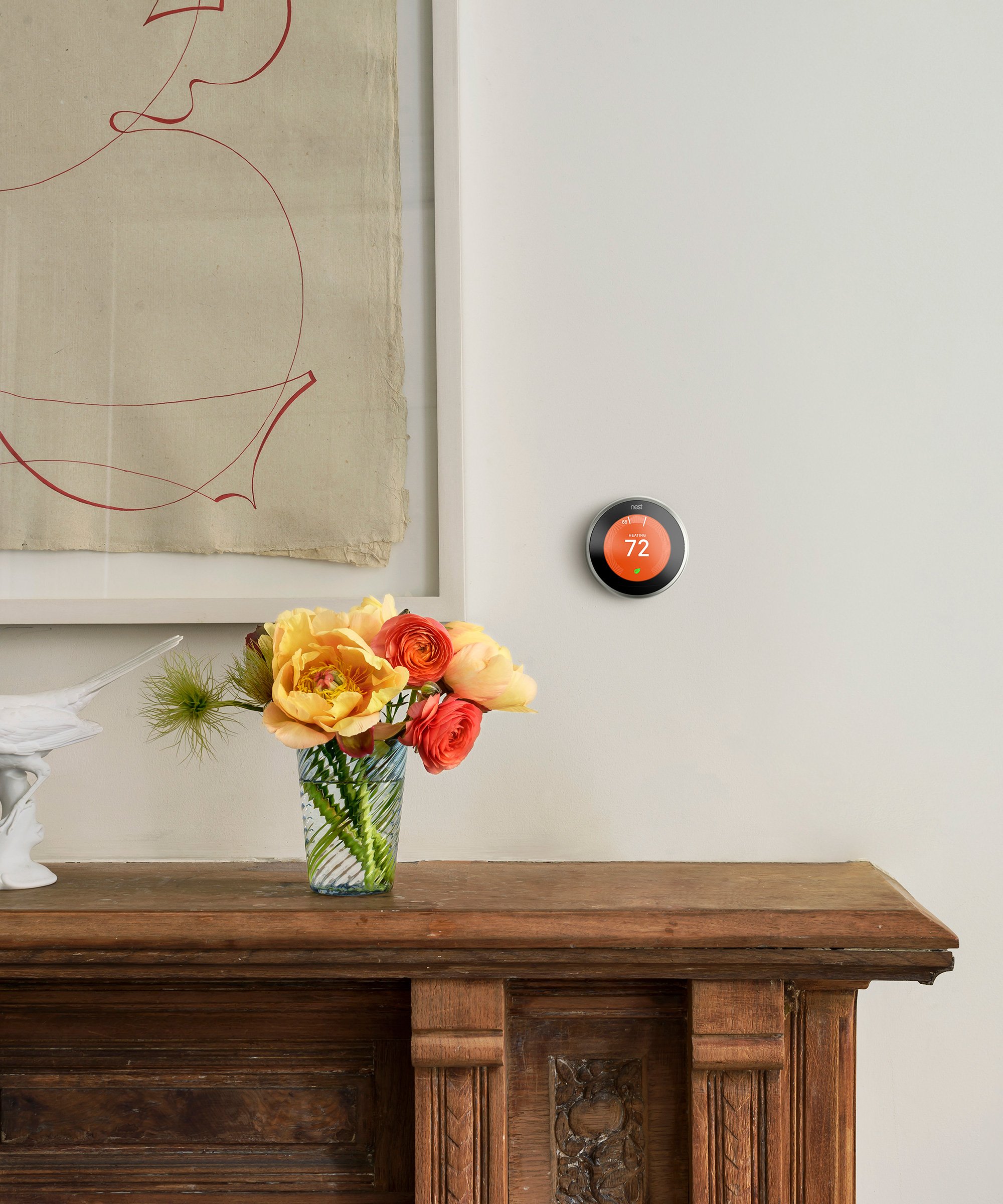 HVAC pros say this is the most efficient heating schedule to keep you warm at home all day – and why automating it is the best move
HVAC pros say this is the most efficient heating schedule to keep you warm at home all day – and why automating it is the best moveThere’s no one-size-fits-all – here’s how to tailor heating to your home
-
 How dust and dirt increases your energy bills – plus 5 ways HVAC pros deal with it to cut costs
How dust and dirt increases your energy bills – plus 5 ways HVAC pros deal with it to cut costsThese cleaning tips could save you hundreds
-
 Is your house heating unevenly? HVAC pros reveal 5 common reasons, plus their top tricks for consistent heating throughout your home
Is your house heating unevenly? HVAC pros reveal 5 common reasons, plus their top tricks for consistent heating throughout your homeEliminate hot and cold spots with these fixes
-
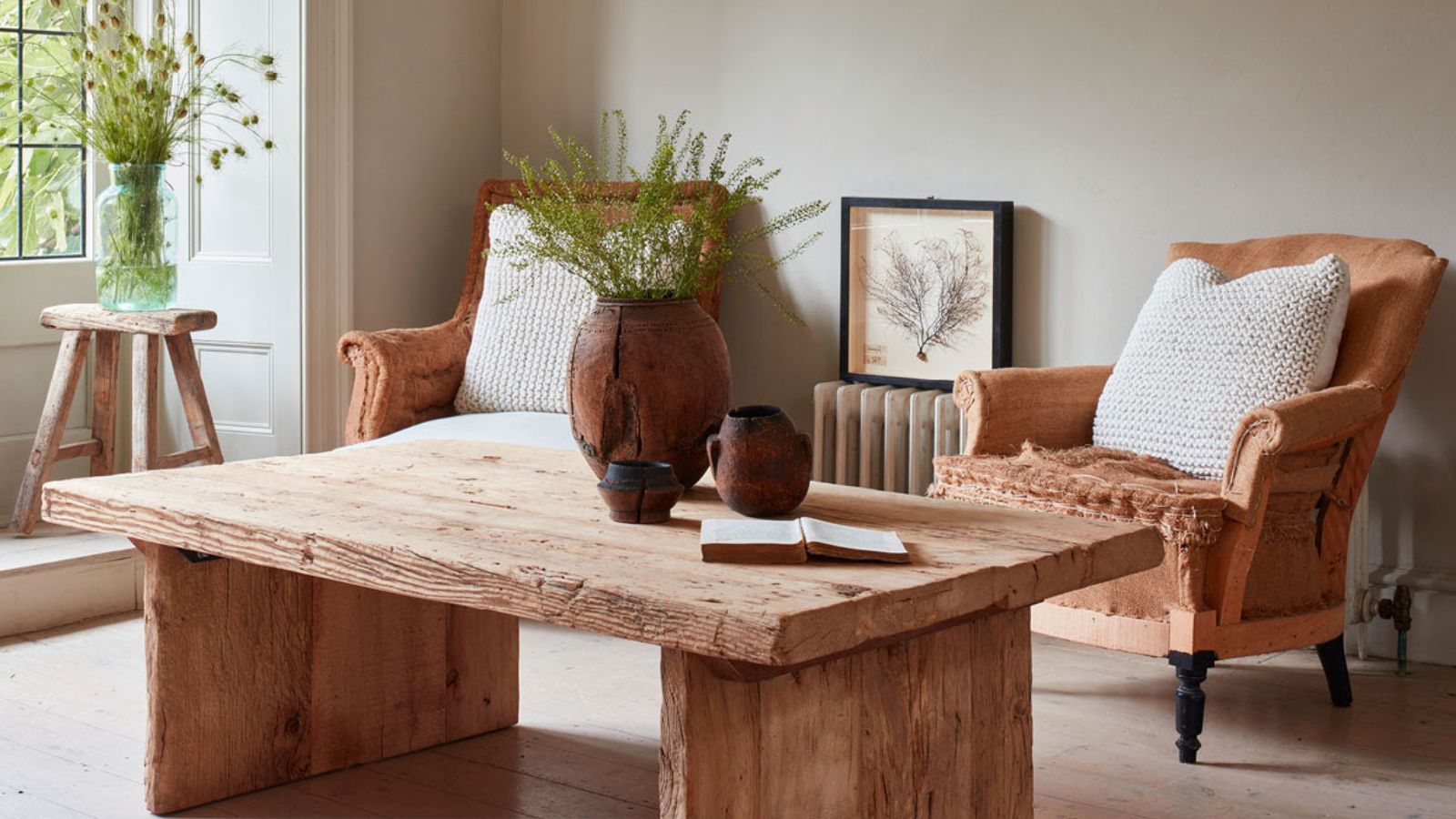 What is a zoned heating HVAC system? We get the lowdown from the pros
What is a zoned heating HVAC system? We get the lowdown from the prosThis expensive addition could actually save you money